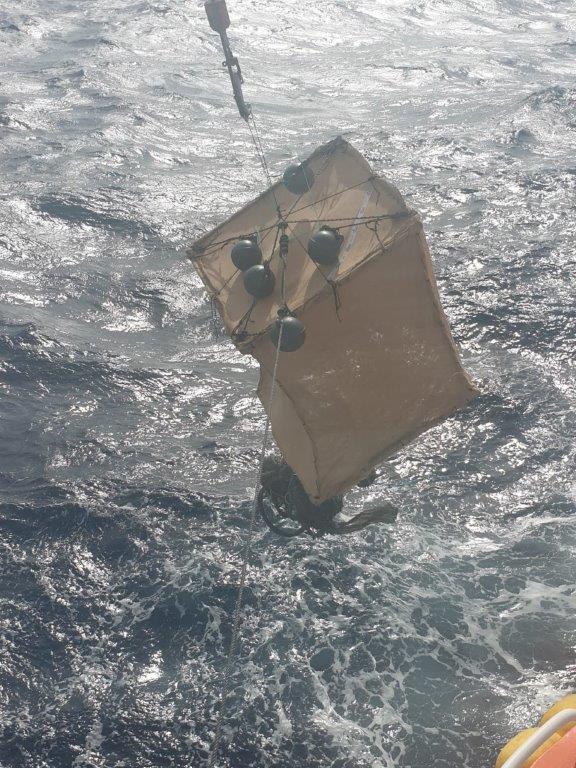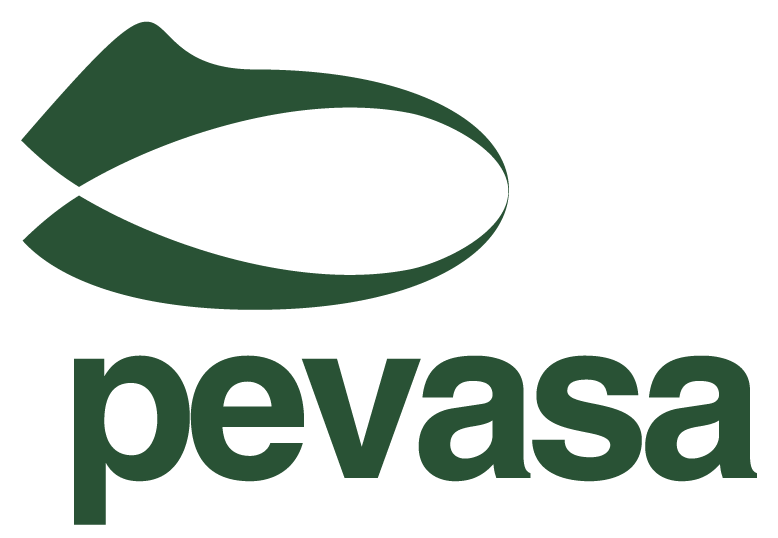Throughout 2021, PEVASA’s technical staff has designed and tested different models of biodegradable FADs (Fish Aggregating Devices), in accordance with the latest scientific recommendations of the Atlantic and Indian Ocean Regional Fisheries Organisations.
Conducting the trials has been a human and logistical challenge due to the constraints imposed by the pandemic and the severe logistical problems that have affected the entire supply chain. Both elements have meant a considerable delay in planning for fully biodegradable designs, but PEVASA has not relented in its efforts to make our fishing activity more sustainable.
Different models have been deployed throughout the year during different tides across the fleet, both in the Atlantic and Indian Oceans.
In addition, PEVASA has collaborated with ISSF (International Seafood Sustainability Organization) in the making of a “jellyfish” type FAD with the aim of reducing the material used, reducing internal tensions, being able to confirm the goodness of the design. We would like to thank the team led by Dr. Gala Moreno of ISSF for their willingness and collaboration. The photo shows a sample of a jellyfish object.

Reducing the impact on the marine environment by using biodegradable materials is one of PEVASA’s strategic priorities for the year 2022, in which we will make significant progress towards the goal of deploying 100% biodegradable objects.
At the time of publishing this news, several shipments with biodegradable materials are already in transit to the ports of Port Victoria (Seychelles) and Abidjan (Ivory Coast) for the manufacture of new objects so that during 2022 we reach the goal of 100% of biodegradable and non-meshing objects deployed.

